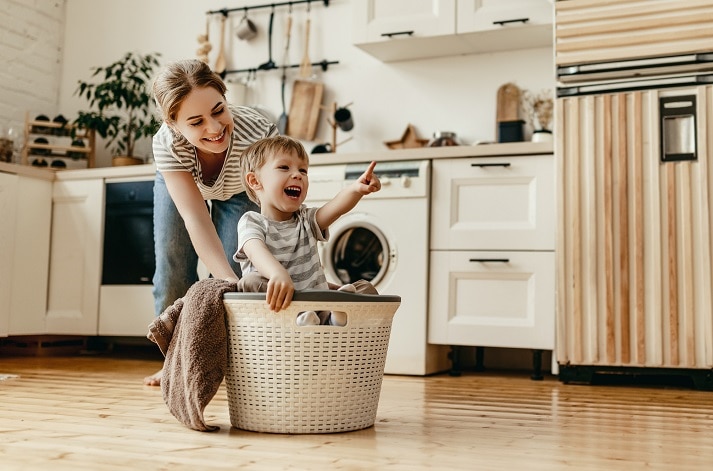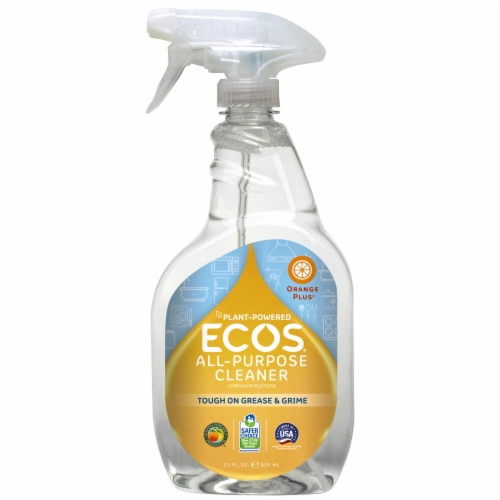 Here’s one terrific (and surprising) aspect of keeping a clean home:
It requires little effort. Surprising, right? Granted this isn't always true, but it's true more often than you expect.
Usually when we consider cleaning, we think of scrubbing or wielding a broom. Those are reactive measures: Something is dirty, so we have to clean it.
Proactive measures are infinitely better. Given I hate spending time on something that I could have spent zero time on, I offer two science-backed front-end strategies.
Here’s one terrific (and surprising) aspect of keeping a clean home:
It requires little effort. Surprising, right? Granted this isn't always true, but it's true more often than you expect.
Usually when we consider cleaning, we think of scrubbing or wielding a broom. Those are reactive measures: Something is dirty, so we have to clean it.
Proactive measures are infinitely better. Given I hate spending time on something that I could have spent zero time on, I offer two science-backed front-end strategies.
ECOS All Purpose Cleaner Orange Plus Description
-
Plant Powered
-
Tidy Up Fast with the Grease-Cutting Power of Citrus
-
Cruelty Free
-
See the Clean. Feel the Love.
Each bottle contains nearly 50 years of scientific passion and plant-derived goodness. Our formula is extraordinarily effective at cleaning everyday dirt and grease from hard surfaces with thoughtfully sourced ingredients. Citrus brings an essence of vitality that smells great and ads grease-cutting strength! Safeguard your home with the entire line of ECOS™ cleaning products.
-
Positively free of formaldehyde & dyes
-
Readily biodegradable
-
pH balanced
-
Never tested on animals
-
Lifts dirt in every room
-
Cleans water-safe surfaces
The plant-derived power of our ECOS™ All Purpose Cleaner Orange Plus will get almost any surface clean! Use it on sealed stone, hardwood floors, painted surfaces, linoleum, vinyl, porcelain, chrome, stainless steel, wood – almost any surface you can think of. Perfect for everyday use. Try it today!
For a fresh clean: Spray directly on any water-safe hard surface, and wipe with a lint free cloth or damp sponge. It's a good idea to spot test painted surfaces in an inconspicuous area prior to use.
*These statements have not been evaluated by the Food and Drug Administration. This product is not intended to diagnose, treat, cure, or prevent any disease.
Contains natural ingredients; color and body may vary.



